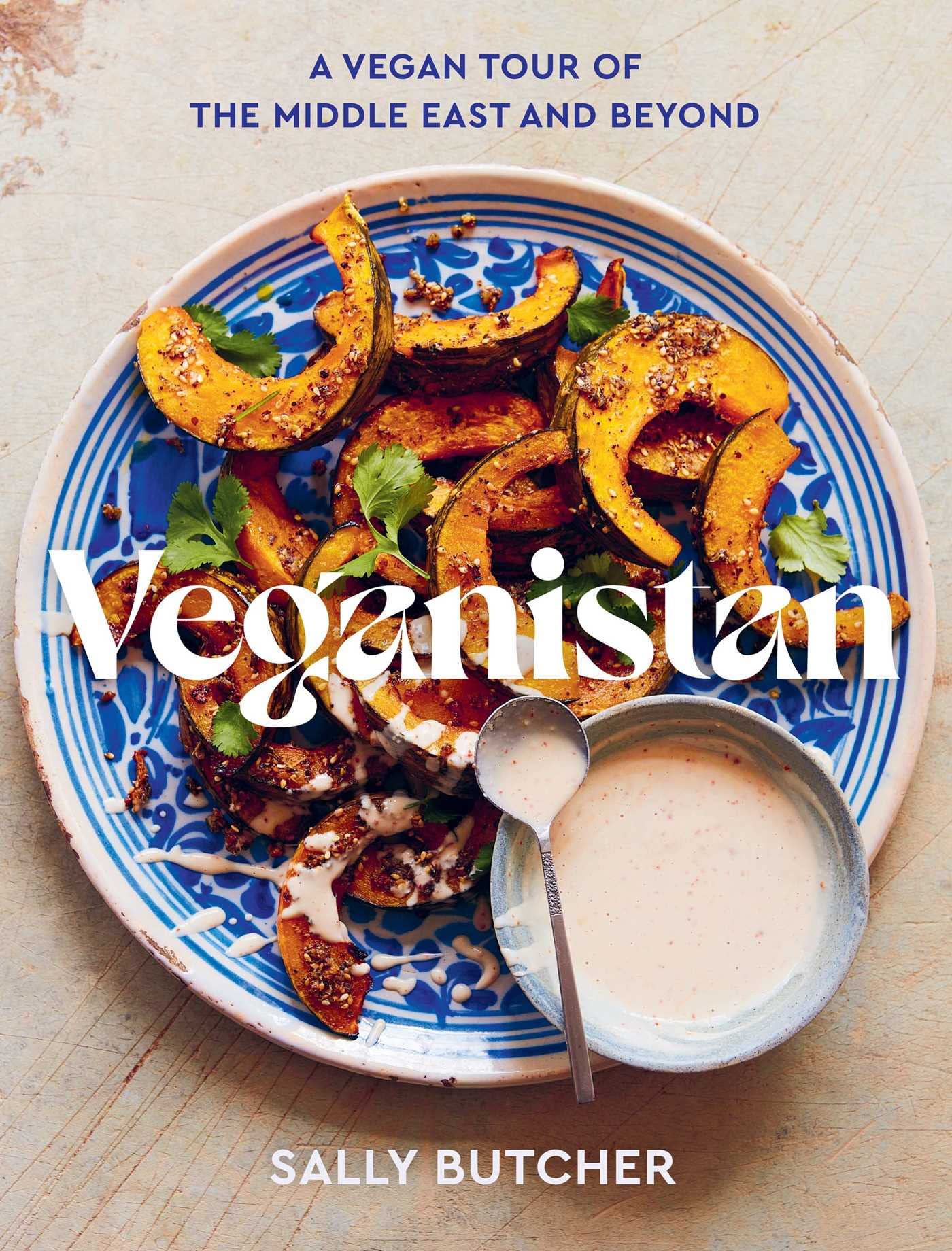

















Veganistan: A Vegan Tour of the Middle East & Beyond (Sally Butcher)
$30.00
/
The Middle East is a region lush in its vegetation, a gift to the non-meat-eater. Much of the cuisine is naturally plant-based, with a lot of the flavor of recipes coming from the herbs, spices, cooking methods, and sheer joie de cuisine traditional to Middle Eastern dining.
Vegan diets can often be dismissed as lacking in certain nutrients, but there is no doubt that one thing a Middle Eastern kitchen teaches us is balance: every dish from a traditional kitchen is carefully crafted to offer a balance of “hot” and “cold” elements to satiate the four humors of medieval yore with legumes, grains, nuts, and vegetables galore.
The original mission of The New Middle Eastern Vegetarian was to celebrate vegetables in all their glory, rather than recreating meat dishes, and in Veganistan Sally Butcher starts to play more with seitan, tofu, and tempeh using them as vehicles to showcase the wonderful range of flavor this cuisine offers.
Vegan diets can often be dismissed as lacking in certain nutrients, but there is no doubt that one thing a Middle Eastern kitchen teaches us is balance: every dish from a traditional kitchen is carefully crafted to offer a balance of “hot” and “cold” elements to satiate the four humors of medieval yore with legumes, grains, nuts, and vegetables galore.
The original mission of The New Middle Eastern Vegetarian was to celebrate vegetables in all their glory, rather than recreating meat dishes, and in Veganistan Sally Butcher starts to play more with seitan, tofu, and tempeh using them as vehicles to showcase the wonderful range of flavor this cuisine offers.
